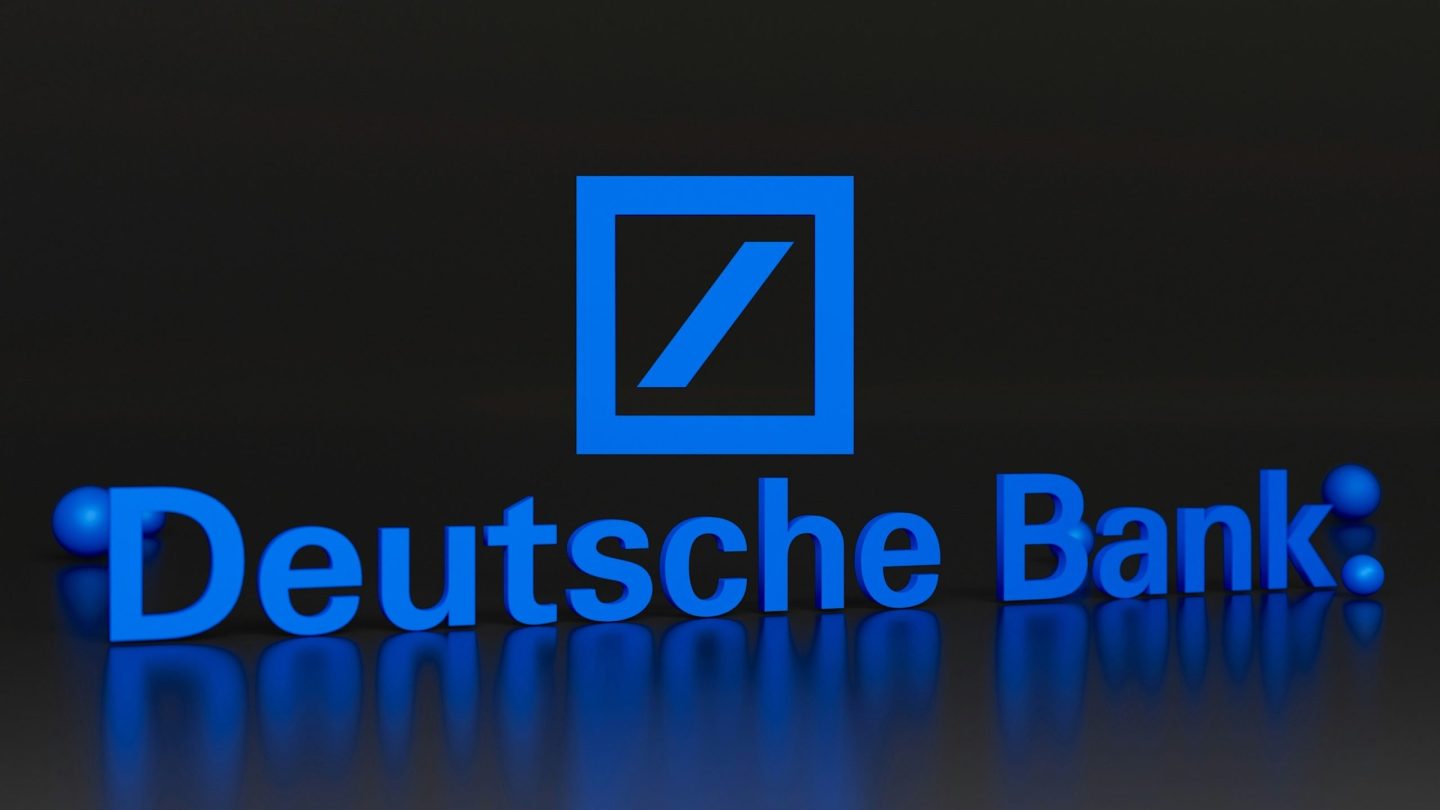Deutsche Bank embarks on blockchain transformation with L2 solution

Deutsche Bank, Germany’s largest financial institution, is moving into blockchain technology by developing its own layer-2 (L2) blockchain on Ethereum.
The bank hopes to address compliance challenges and bridge the gap between decentralised public blockchains and the regulated financial sector by using ZKsync technology.
Advancing blockchain with Project Dama 2
The initiative, known as Project Dama 2, is part of the Monetary Authority of Singapore’s (MAS) Project Guardian. Project Guardian unites 24 financial institutions to explore blockchain-based asset tokenisation. Deutsche Bank’s solution focuses on improving transaction efficiency and embedding effective compliance measures. By integrating with Ethereum, the platform delivers scalability and transparency while adhering to regulatory requirements.
A key feature of Deutsche Bank’s L2 blockchain is the use of curated trusted validators and tools that give regulators special oversight capabilities. The measures aim to mitigate risks, like inadvertent interactions with sanctioned entities and maintain blockchain’s transparency. According to Bloomberg, this approach could serve as a benchmark for future blockchain solutions in regulated industries.
Why L2 blockchains matter
Layer-2 blockchains operate as an extension of primary layer-1 networks, such as Ethereum. L2 solutions are ideal for industries like finance that require high performance and regulatory compliance as they handle scalability difficulties without jeopardising underlying blockchain security.
Deutsche Bank’s adoption of an L2 blockchain with integrated compliance tools represents a step forward in merging blockchain technology with traditional finance. Features like ‘super admin rights’ allow regulators to monitor and audit transactions, ensuring sufficient oversight.
Expanding blockchain partnerships
Deutsche Bank’s blockchain ambitions extend beyond its proprietary platform. On December 10, the bank announced a partnership with Crypto.com, a leading cryptocurrency exchange, to provide corporate banking services in the Asia-Pacific region.
The collaboration spans key markets like Singapore, Australia, and Hong Kong, and offers services like fiat-to-cryptocurrency exchange and cross-border trading.
The German banking giant has also hinted at plans to expand its partnerships to the United Kingdom and parts of Europe.
The future of blockchain in finance
Deutsche Bank aims to launch its L2 blockchain platform as a minimum viable product by 2025. However, regulatory approval will be important to determine the timing of its availability. If successful, the initiative could inspire other financial institutions to explore blockchain solutions, like asset tokenisation and decentralised networks.
By combining blockchain technology with compliance mechanisms, Deutsche Bank’s efforts highlight how traditional finance can evolve to embrace the benefits of decentralisation. The initiative showcases the potential of L2 blockchains in regulated environments and paves the way for broader blockchain adoption in the financial secto
(Photo by Unsplash)
See also: Why companies are turning to Bitcoin for growth
Want to learn more about blockchain from industry leaders? Check out Blockchain Expo taking place in Amsterdam, California and London.
Explore other upcoming enterprise technology events and webinars powered by TechForge here.


